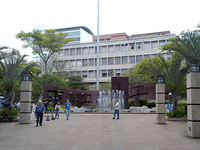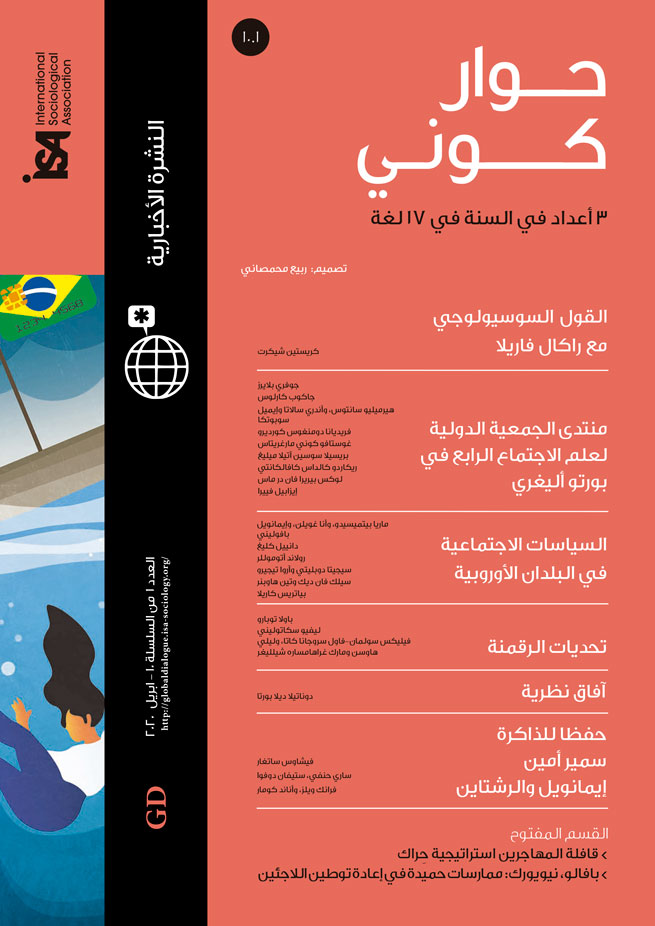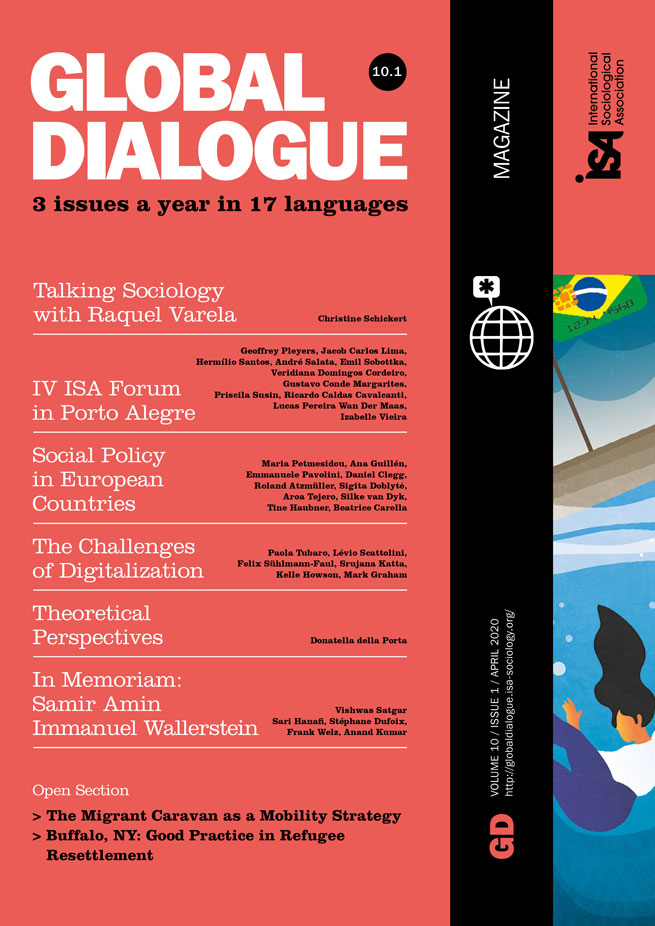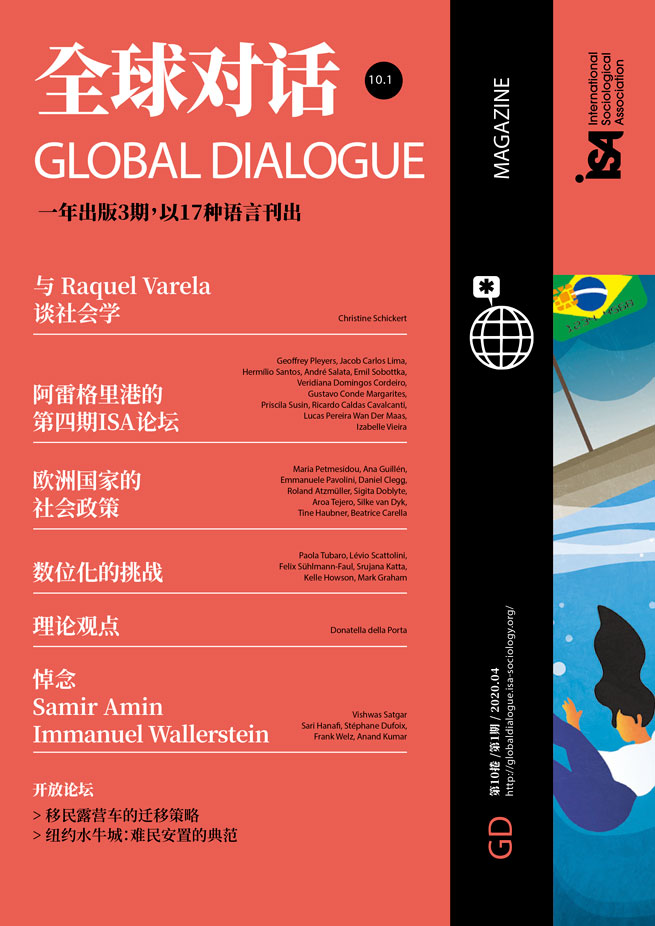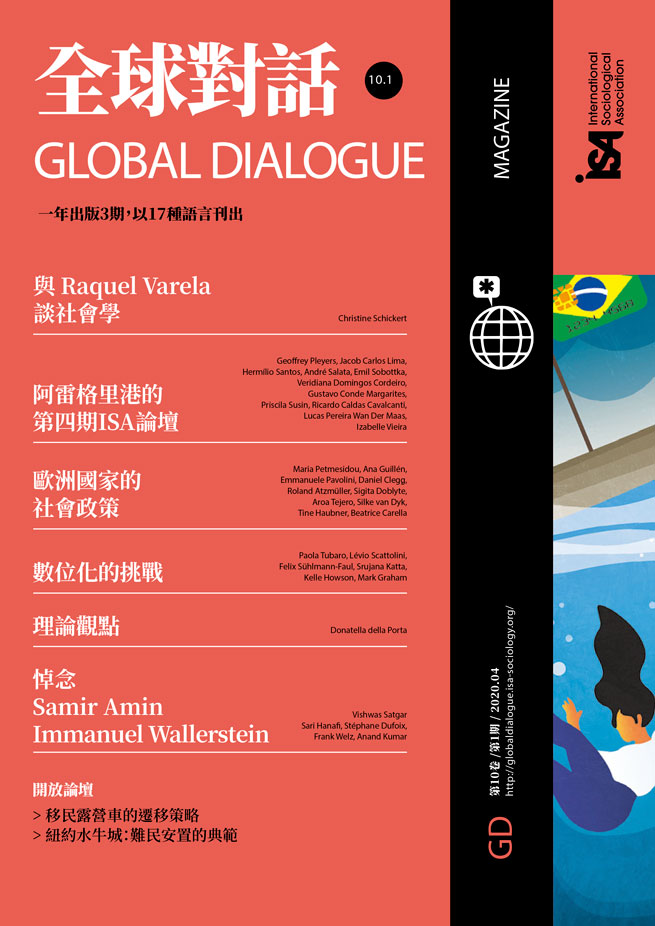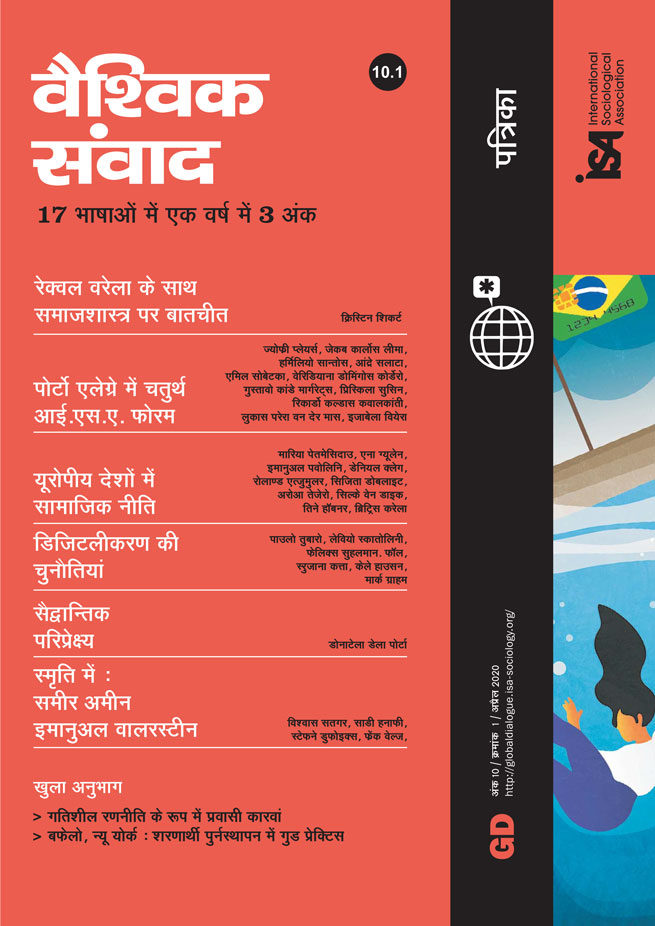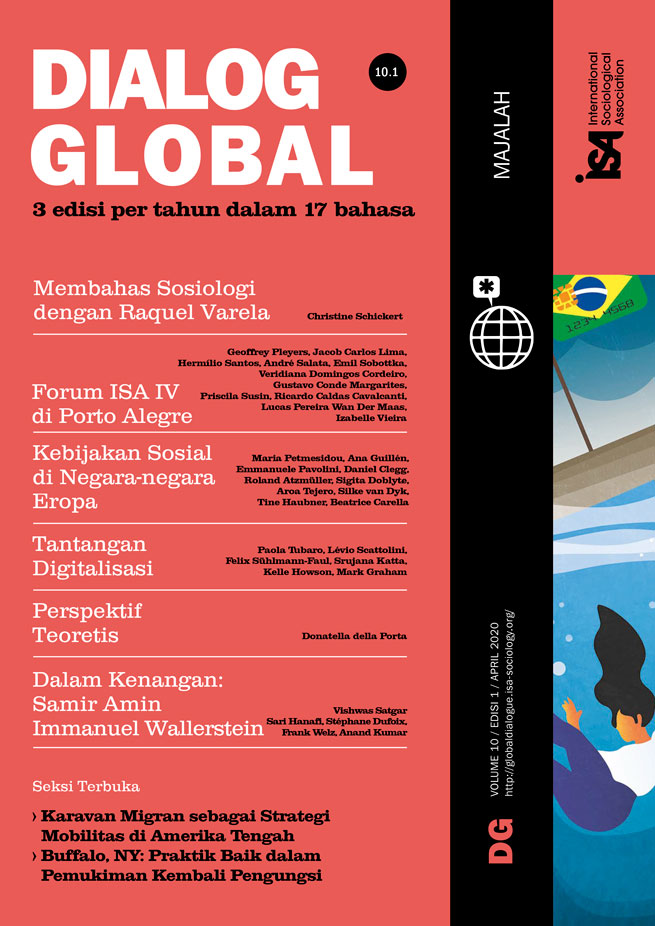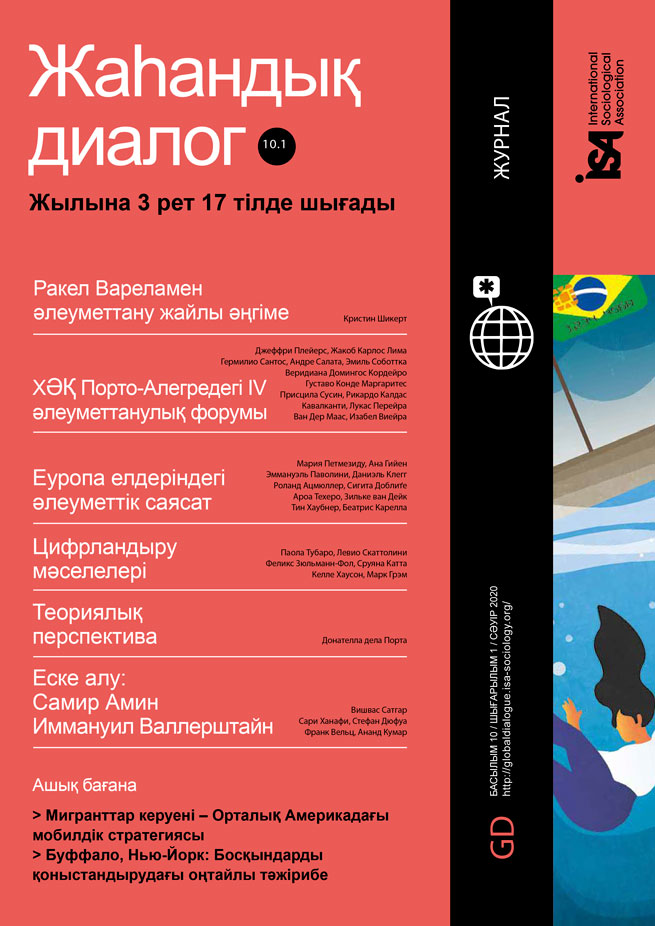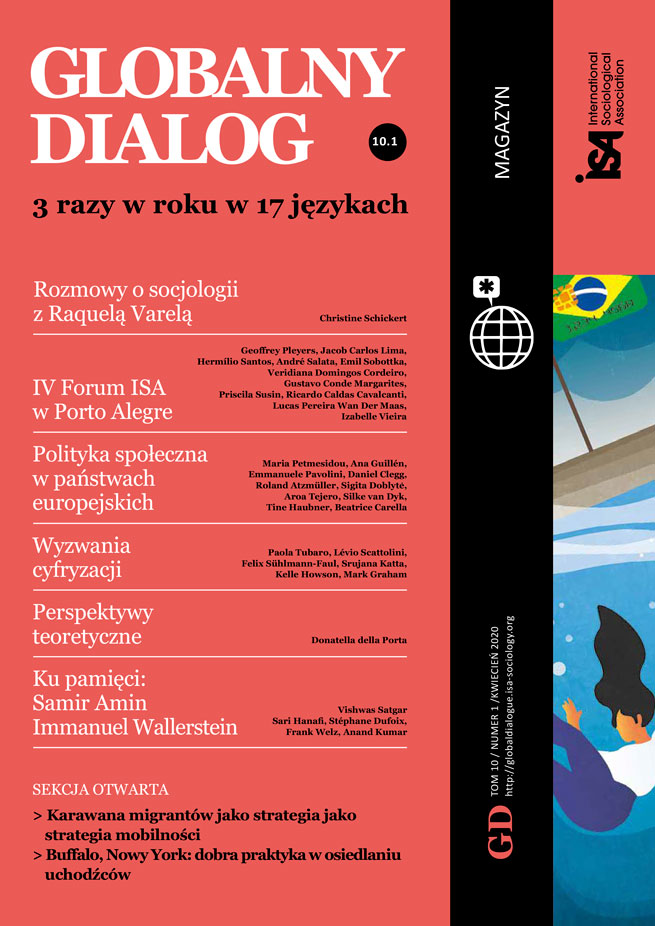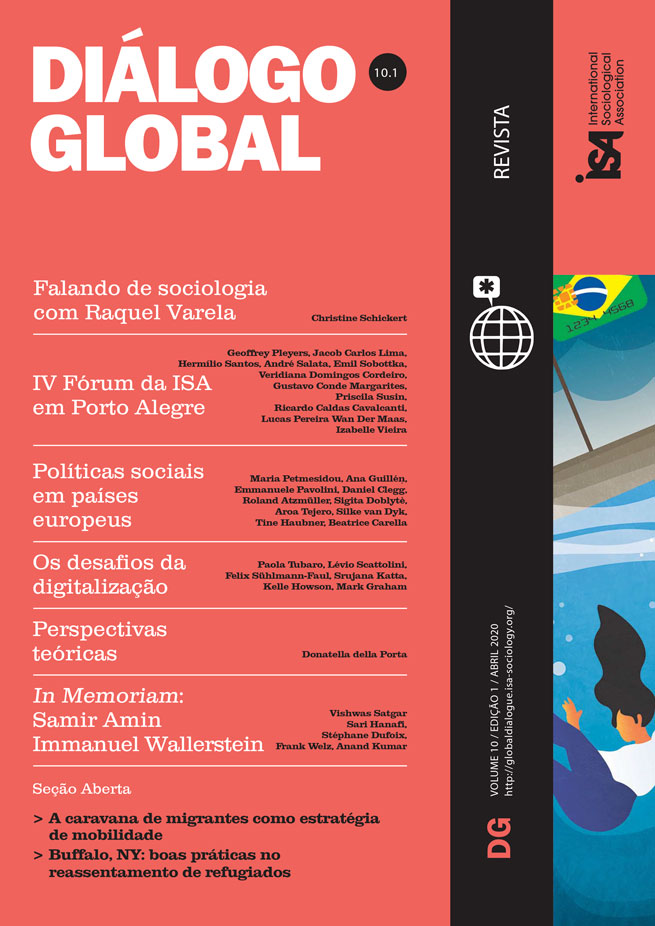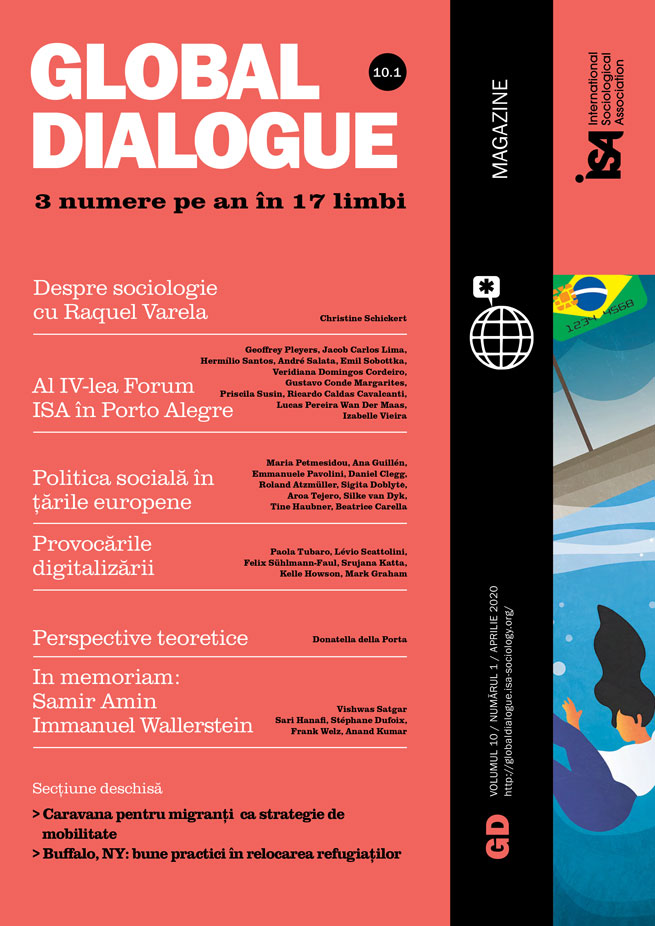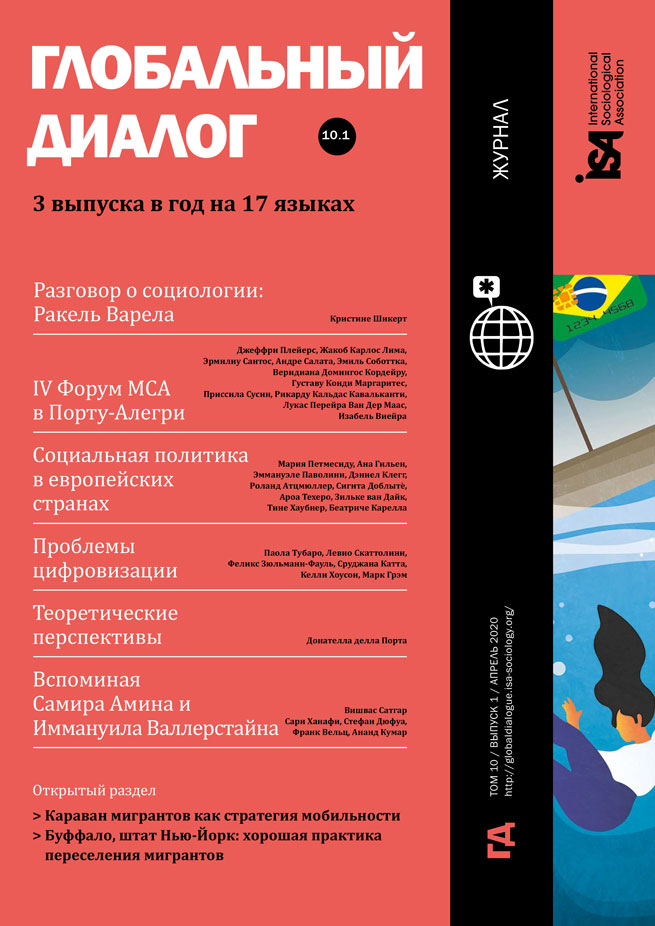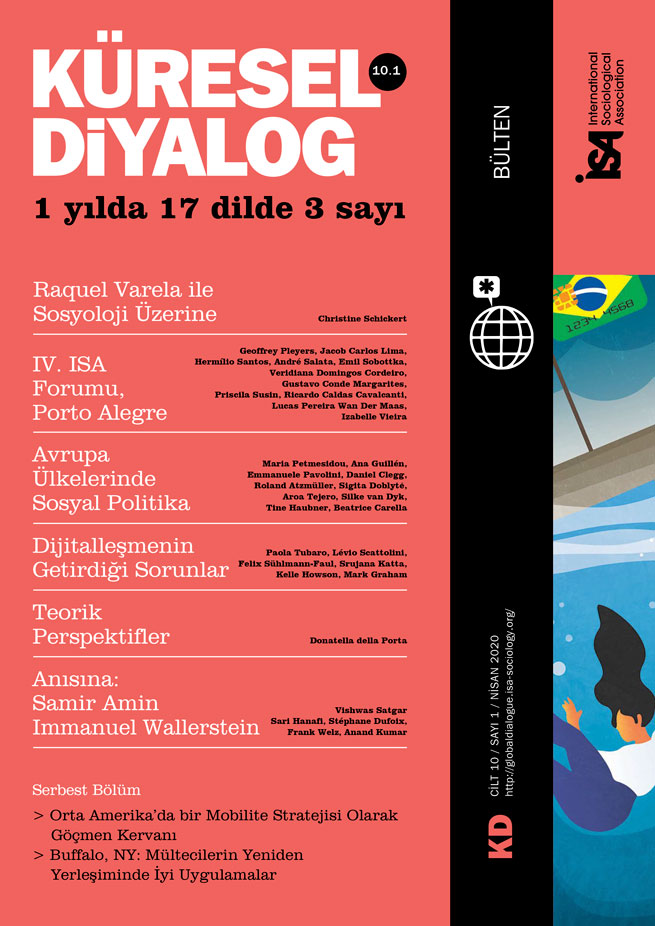Since the structuring of the modern Brazilian state, social assistance has been administered erratically and with little state involvement. Initiatives in this area have been oriented by the ideas of philanthropy and charity. In addition to this, social assistance actions were applied as social security measurements by the Brazilian government, blurring the boundaries between those two sectors. This article, based on my PhD research, analyzes the institutional change that enabled the transformation of social assistance into a policy sector guided by the concept of social rights. This process can be divided into two different stages: first, the formulation of the Federal Constitution (1986-1988) and second, the Social Assistance Organic Law (1991-1993). In each of these moments, there were different collective actors that advocated changes in the historical pattern adopted by the state regarding this issue, resulting in the formation of a new policy sector.
In the first stage, the main contributions to the institutional change came from the social security field, through the participation of an expert group formed by federal bureaucrats interested in reformulating the Brazilian social protection system. Their goal was to create a new system based on the notion of social protection as a right of all citizens and guaranteed by the state. Their perception was that social assistance would play an important role in the new proposal by ensuring that citizens outside the scope of social security would be covered by other types of social protection.
The second phase was characterized by the inclusion of a group formed by professionals and specialists from the academic and professional field of social work. Until the promulgation of the Federal Constitution, these professionals were not involved in the process. The gradual integration of actors from the academic field and from the profession of social work is explained by a theoretical transformation that modified the way individuals from these sectors saw their relationship with the state. For a long time, the idea disseminated by a structuralist view of Marxism, that state actions were instruments of reproduction of bourgeois society, was preponderant. This theoretical understanding began to loosen in the late 1980s, with the strengthening of the Gramscian perspective that saw the state as one space for counter-hegemonic struggle. This redirection changed the way professionals and researchers in the area related to public policies and social work, previously viewed with a wary eye. As a consequence of this theoretical framework transformation, academics and social work professionals composed the main advocacy group for the separation of social assistance and social security as different policy sectors.
The research results show that the constitution of social assistance as a policy sector in Brazil was only possible due to the combination of factors external to the dynamics of Brazilian social policies, such as the end of the military dictatorship and the formulation of a new democratic order, and the action of groups related to fields such as social security and social work.
Gustavo Conde Margarites, Federal Institute of Rio Grande do Sul, Brazil <gustavo.margarites@gmail.com>





